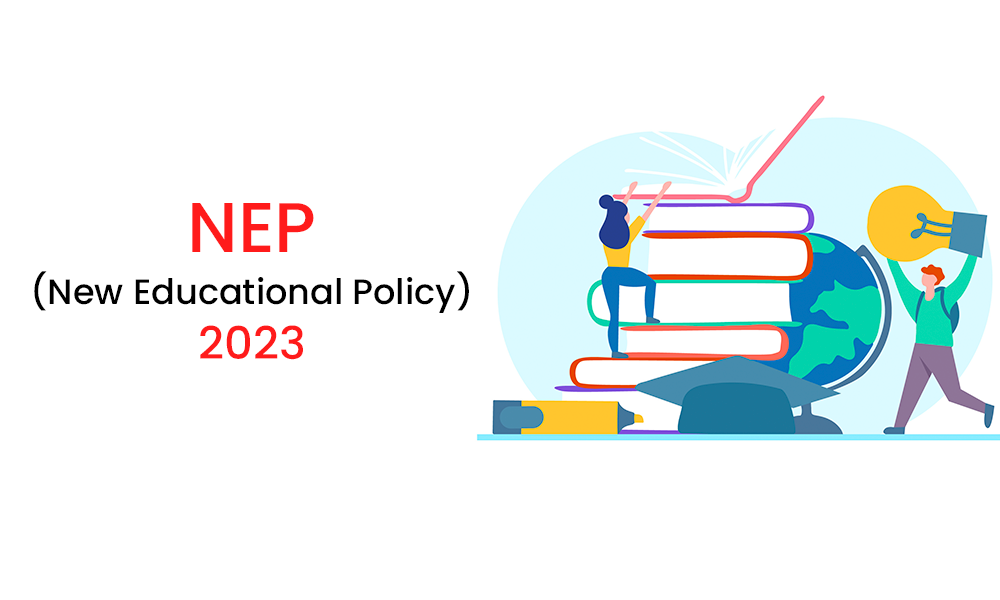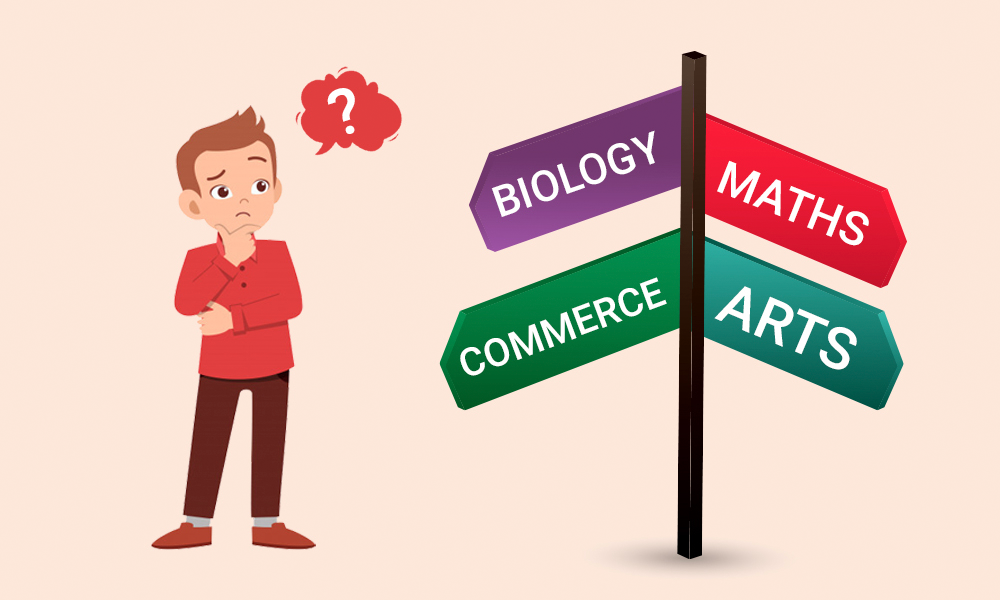Part I
Introduction and Guiding Principles
(for clarity we have paraphrased and elaborated the guiding principles)
India will have the highest population of young people over the next decade in the world. Our nation's ascent and growing leadership role on the global stage will rest on how much we contribute. Quality education that will lead to innovation, outstanding research and a productive workforce will determine the contribution. The New Education Policy is a step towards that. Moreover, this policy will also orient India to meet the sustainable development goal 4 (SDG4). The SDG 4 aims to ensure quality education that is inclusive and equitable for all by 2030.
The New Education Policy aims to build an education system that plays an instrumental role in transforming India by imparting quality education. The system will be rooted in Indian culture and traditions and will instill values that develop a deep sense of being Indian and respect for the values prescribed by our constitution.
Guiding principles:
-
Building individual abilities, and integrating parents' and teachers’ roles for holistic development in academic and non-academic spheres.
-
Universal Foundational Literacy and Numeracy by grade 3.
-
Flexibility in curricula that allow students to pursue and cultivate interests, and shape their career trajectories.
-
Multidisciplinary and holistic education. It will remove the partition between science and humanities, vocational and academic streams, and eliminate unnecessary hierarchies among arts, science, humanities, and commerce.
-
Emphasis on conceptual understanding, critical thinking skills, and creativity.
-
Instilling ethics and our constitutional values such as empathy, democratic spirit, respect for public property, scientific temper, liberty, pluralism, equality, and justice.
-
Promoting multilingualism. Learning in regional languages will break language barriers.
-
Respect for local contexts (events, history, geography, etc.) in learning.
-
Regular ‘formative’ assessment that encourages learning.
-
Technology-driven solutions to aid teaching and learning, eliminating language barriers, improved access for the disabled (Divyangjan), and for planning and management in education.
-
Making teachers central to the learning process. Ensuring continuous professional development, positive work environments, and service conditions and recruitment.
-
A regulatory framework that ensures audit and public disclosures maintain integrity, transparency, and resource efficiency. In addition, such a framework will also empower the system to innovate by granting them autonomy and implementing the principles of good governance.
-
Continuous review of the progress and regular assessment by experts. Quality research will be an integral part of the review and assessment.
-
Education that inspires pride in our culture, knowledge systems and traditions, and develops rootedness.
In the next part, we will see how NEP aims to shape school education.




